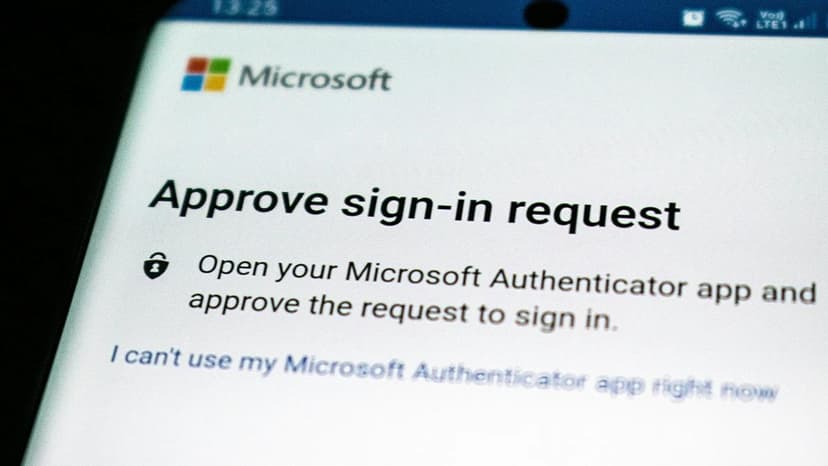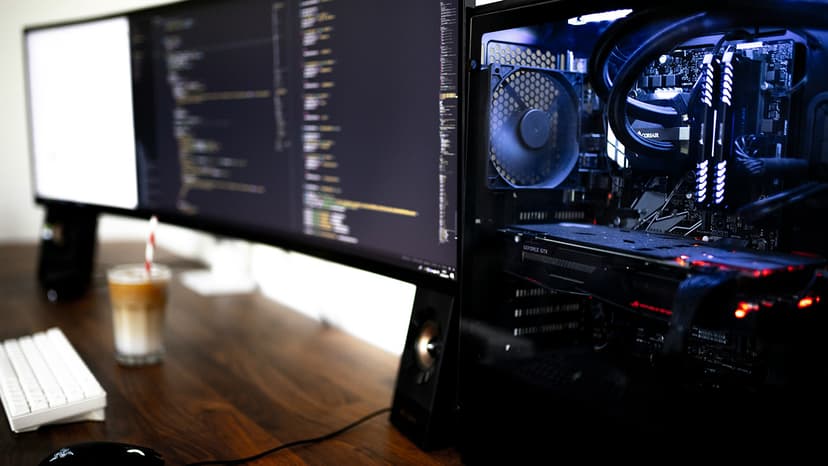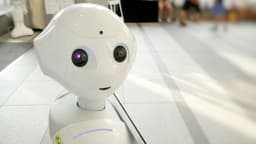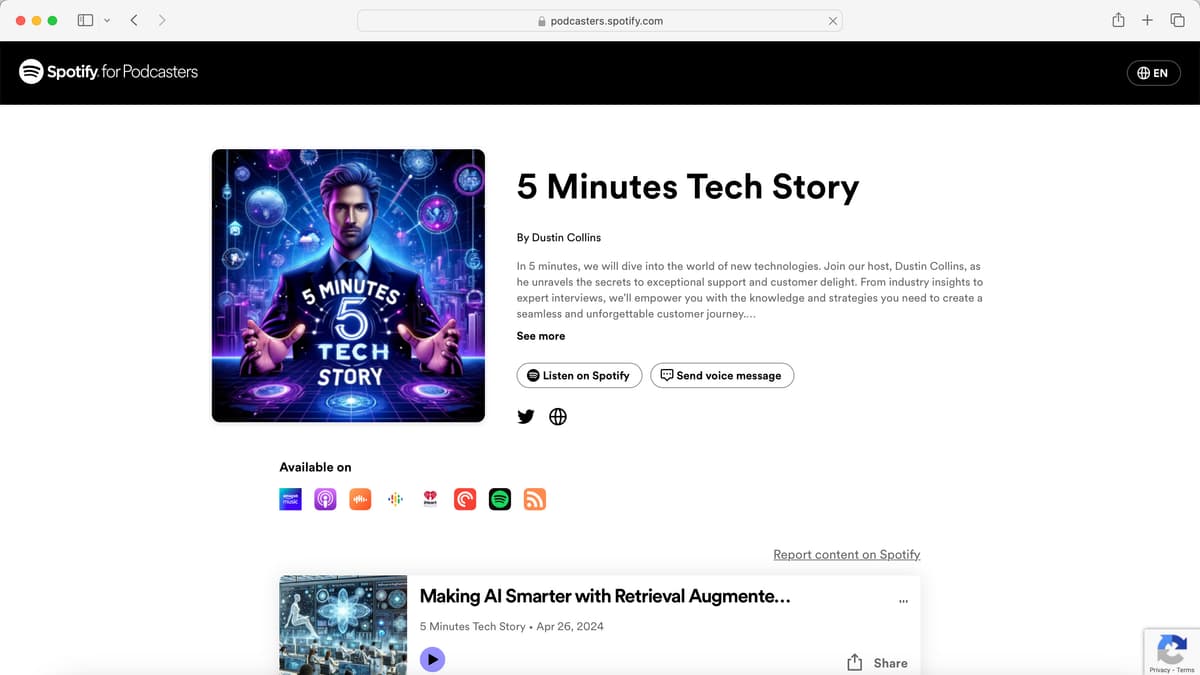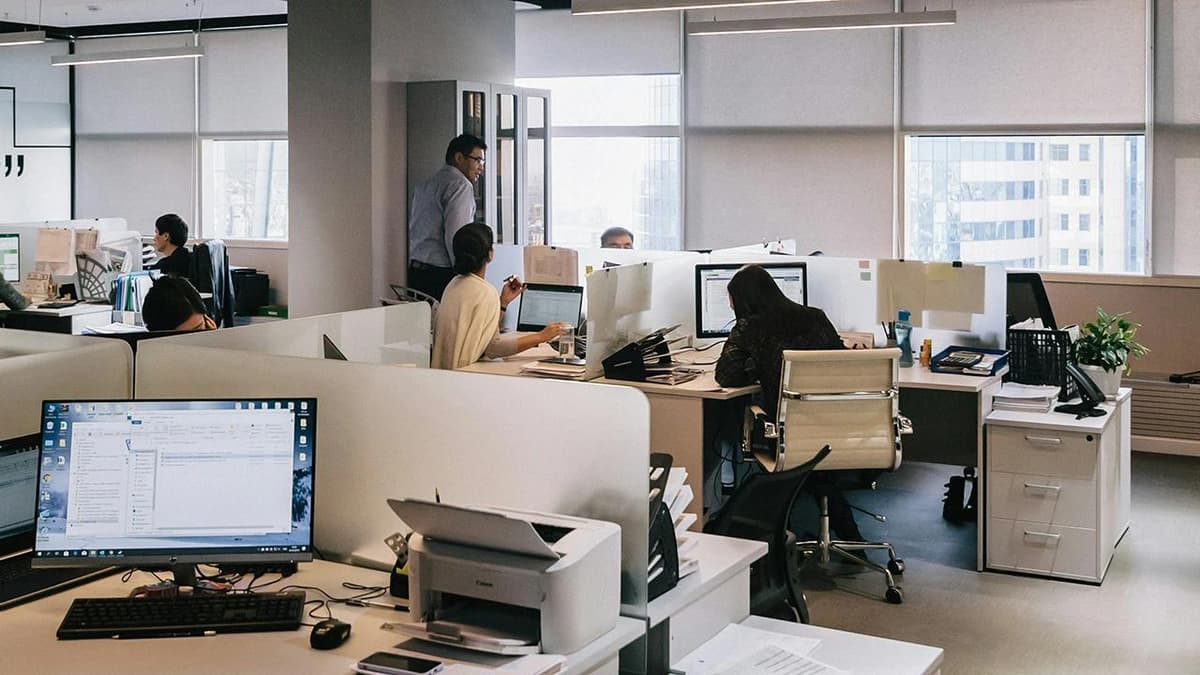Why Office Workers Are Scared About AI Chatbots
AI chatbots have become common in offices worldwide. These chatbots automate tasks, provide customer support, and assist employees. While they offer benefits like increased efficiency, many office workers have concerns about their presence. This article explores why office workers fear AI chatbots and their potential impact on jobs.
The Fear of Job Loss
A primary concern among office workers is the fear of job loss. Automation and AI technologies have led to the replacement of tasks previously done by humans. As AI chatbots advance, many worry they may replace human workers. About 50% of workers believe their companies are not transparent about AI usage, increasing fear and uncertainty.
This concern is not just for blue-collar jobs; white-collar workers also feel threatened by AI. The growing reliance on AI in offices has created anxiety about job security.
Uncertainty and Lack of Control
Another reason for fear is the uncertainty and lack of control over AI technologies. AI chatbots use machine learning algorithms that adapt based on data and interactions. This dynamic nature raises questions about transparency.
Rapid changes in AI technology often leave even experts unsure of how chatbots function. This unpredictability can create anxiety about potential risks associated with AI chatbots.
Potential Privacy and Security Risks
AI chatbots can also lead to privacy and security concerns. They often handle sensitive information, posing risks of unintentional data disclosure. For instance, an HR chatbot drafting a termination letter might reveal confidential information, leading to serious repercussions.
Additionally, AI-powered chatbots can be vulnerable to cyber attacks. Hackers may exploit these systems, raising fears about cyber threats in the workplace.
Dehumanization of Work
Office workers are also worried about the dehumanization of their roles due to AI chatbots. As tasks are automated, employees may feel less autonomy and engagement. The technology-driven nature of work can lead to feelings of control being taken away, affecting job satisfaction.
Fear among office workers regarding AI chatbots arises from concerns about job loss, uncertainty, privacy and security risks, and the dehumanization of work. It is important for organizations to address these issues. By ensuring transparency and accountability, they can support a positive work environment while effectively integrating AI technologies.


